





No lab centers are available in this city

Max Lab
Feb 06, 2023
Low hemoglobin levels are a common problem that affects many people. Hemoglobin is an important protein found in red blood cells, responsible for carrying oxygen and carbon dioxide throughout your body. When the level of hemoglobin in your body is low, it can lead to symptoms like fatigue, shortness of breath, and headaches. In this blog post, we’ll be discussing the different symptoms associated with low hemoglobin levels and how you can go about treating them. We’ll also look at what causes low hemoglobin levels in the first place so you can better understand how to prevent further issues down the line.
There are many potential causes of low hemoglobin levels. Some causes are more common than others.
Common causes of low hemoglobin levels include:
The most common symptom of low hemoglobin levels is fatigue. This is because when your hemoglobin levels are low, your body doesn’t have enough oxygen to function properly. Other symptoms of low hemoglobin levels include:
Shortness of breath, or dyspnea, is a common symptom of low hemoglobin levels. It can occur for a variety of reasons, including anemia (a condition in which there are too few red blood cells in the body), heart failure, and lung disease. Shortness of breath can also be a sign of a more serious condition, such as a blood clot in the lungs (pulmonary embolism). If you experience shortness of breath, it is important to see your doctor to determine the cause.
If you have low hemoglobin levels, you may experience dizziness or lightheadedness. This is because your body is not getting enough oxygen to your cells and tissues. As a result, you may feel faint or dizzy. If you experience these symptoms, it is important to see your doctor so that they can determine the cause and treat it appropriately.
Pale skin is one of the most common symptoms of low hemoglobin levels. When hemoglobin levels are low, the body doesn't have enough oxygen-rich red blood cells to transport oxygen to the tissues. This can cause the skin to look pale, especially in the face and hands. Other symptoms of low hemoglobin levels include fatigue, shortness of breath, and dizziness. If you experience any of these symptoms, it's important to see your doctor for a diagnosis.
When your hemoglobin levels are low, your heart has to work harder to pump oxygen-rich blood to the rest of your body. This can cause your heart rate to increase and you may feel like your heart is racing or pounding. You may also feel short of breath, even when you're not exerting yourself. If you have low hemoglobin levels, it's important to see a doctor so that they can determine the cause and treat it accordingly.
When hemoglobin levels are low, people may experience a variety of symptoms. One common symptom is irritability. People with low hemoglobin may feel short-tempered and easily annoyed. They may also have trouble concentrating and may be more forgetful than usual.
If you are experiencing any of these symptoms, it is important to talk to your doctor. Irritability can be a sign of other underlying health problems, so it is important to get a proper diagnosis.
A diagnosis of low hemoglobin levels can be made through a variety of tests. A blood test is the most common method of diagnosis, and this will measure the level of hemoglobin in your blood. If the level is low, you may be diagnosed with anemia. Other tests that may be used to diagnose low hemoglobin levels include a bone marrow biopsy or a genetic test.
With our offerings in line with government-mandated prices, Maxlab offers full body checkup packages that cover an exhaustive list of tests for a comprehensive diagnosis of your health. Choose from a range of health test packages based on your needs.
There are a number of treatment options available for people who have low hemoglobin levels. The most important thing is to find the cause of the problem and then treat it accordingly. For example, if iron deficiency is the cause, then iron supplements may be recommended. If someone has anemia due to blood loss, then they may need a blood transfusion. If someone has an autoimmune disorder that is causing their low hemoglobin levels, then they may need immunosuppressive medication.
Red meat is an excellent source of iron, protein, and zinc. All of these nutrients are essential for maintaining healthy hemoglobin levels. Protein helps build new cells and repair damaged ones. Zinc is involved in the production of hemoglobin. Iron is necessary for the proper function of hemoglobin. Red meat also contains B vitamins, which are important for energy metabolism.
Eating red meat regularly can help you maintain healthy hemoglobin levels. If you are concerned about your hemoglobin levels, talk to your doctor. They can order a blood test to check your levels and make sure you are getting enough iron in your diet.
Dark leafy greens are an excellent source of iron and can help increase hemoglobin levels. Some of the best dark leafy greens to eat for this purpose include spinach, kale, and Swiss chard. These greens are also high in other nutrients like folic acid and vitamins A, C, and K, which are all important for maintaining healthy blood cells.
Carrots are an excellent source of Vitamin A, which is essential for the production of hemoglobin. Just one cup of carrots contains over 4 times the RDA for Vitamin A! Carrots are also a good source of folic acid, which is another important nutrient for hemoglobin production.
Raisins are dried grapes that are a good source of iron and other minerals. Eating raisins can help increase hemoglobin levels. Raisins are also a good source of antioxidants and can help protect against disease.
There are many seafood options that can help increase your hemoglobin levels. Some good choices include tuna, salmon, and shrimp. These fish are all high in iron and other nutrients that can help increase hemoglobin levels. Other seafood options include lobster, crab, and scallops.
Organ meats are a rich source of iron and can help increase hemoglobin levels. They are also a good source of other nutrients such as B vitamins, zinc, and copper. Organ meats can be enjoyed cooked in many different ways, from grilling and frying to stewing and braising.
If you're looking to increase your hemoglobin levels, incorporating some organic meat into your diet is a great way to do so. Iron-rich foods like organ meats can help improve your overall health and well-being. So next time you're at the butcher or grocery store, consider picking up some liver, kidney, or heart to add to your meal rotation. Your body will thank you!
There are many different types of nuts that can help increase your hemoglobin levels. Some of the best nuts for this purpose include almonds, walnuts, and pistachios. All of these nuts are high in iron, which is essential for the production of hemoglobin. Additionally, they are all packed with other nutrients that can promote overall health. Eat a handful of these nuts every day to keep your hemoglobin levels up and your body healthy.
There are many things you can do to prevent low hemoglobin levels. First, eat a healthy diet that includes plenty of iron-rich foods. Second, get regular exercise and stay hydrated. Third, avoid smoking and excessive alcohol consumption. Fourth, take supplements if your doctor recommends them. Finally, get regular full body health checkups and blood tests to check your hemoglobin levels.
If you have low hemoglobin levels, there are a few things you can do to help cope. First, it is important to understand what hemoglobin is and how it works. Hemoglobin is a protein in your red blood cells that carries oxygen. When you have low hemoglobin levels, it means that your red blood cells are not carrying as much oxygen as they should be. This can cause fatigue, shortness of breath, and other symptoms. There are a few things you can do to help improve your hemoglobin levels. Talk to your doctor about taking iron supplements. Eat foods that are rich in iron, such as spinach, lean red meat, and beans. You may also need to take a vitamin B12 supplement if you are deficient in this vitamin. Make sure to get plenty of rest and exercise regularly to help improve your overall health and well-being.
If you are experiencing any of the low hemoglobin symptoms mentioned above, it is important to see a doctor. Anemia can be a sign of a more serious underlying condition, so it is important to get a diagnosis from a medical professional.
Your doctor will likely order a blood test to check your hemoglobin levels. If your hemoglobin levels are low, they may order additional tests to determine the cause. Once the cause of your anemia is determined, your doctor will develop a treatment plan.
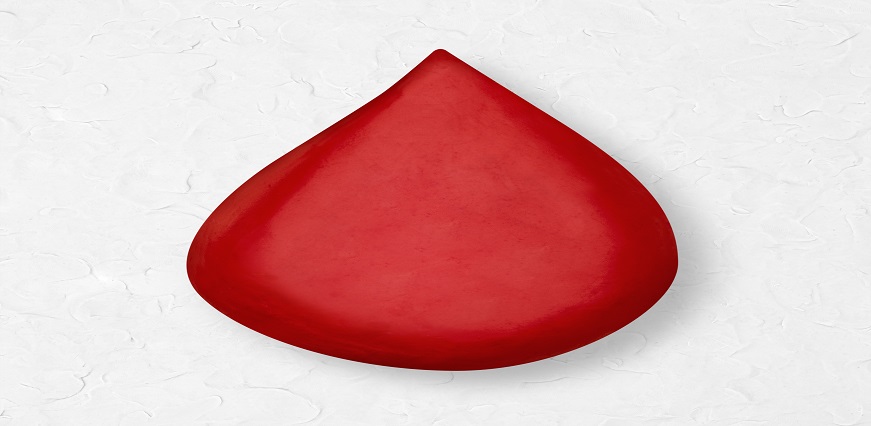

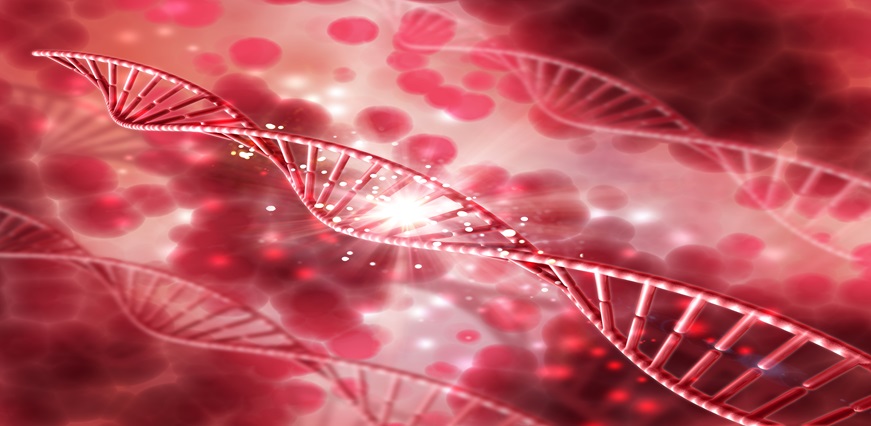
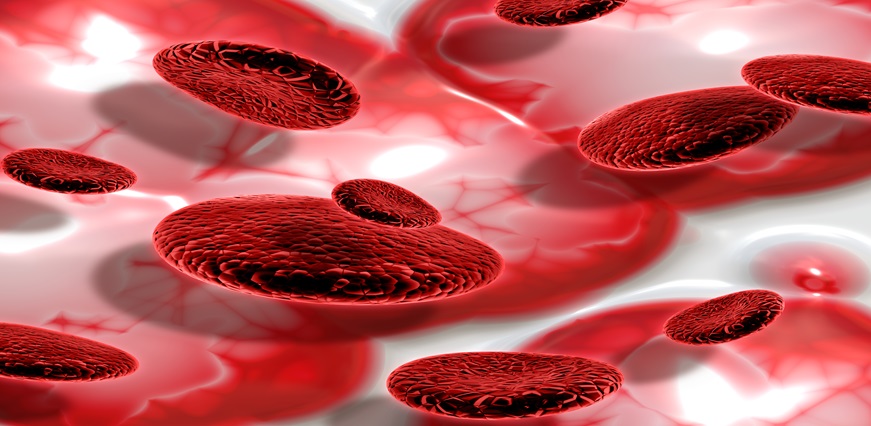
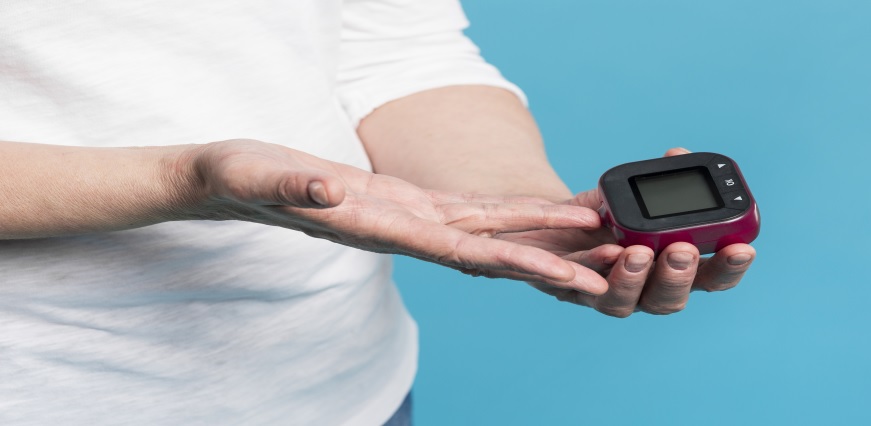
Hemoglobin is a protein found in red blood cells that carries oxygen throughout the body. It plays a crucial role in maintaining healthy bodily functions. The hemoglobin level refers to the amount of this protein present in your bloodstream.
One common cause is iron deficiency, which occurs when the body doesn't have enough iron to produce an adequate amount of hemoglobin. This can be due to poor dietary intake of iron or conditions like heavy menstrual bleeding or gastrointestinal bleeding.
Symptoms of Low Hemoglobin Levels:
One important factor is the underlying cause of low hemoglobin. For instance, if anemia is caused by iron deficiency, it may take several weeks or even months to replenish iron stores and see an improvement in hemoglobin levels.
One of the main consequences of extremely low hemoglobin is anemia. Anemia can leave you feeling weak, fatigued, and short of breath. You may find that even simple tasks like climbing stairs or walking short distances become exhausting.
The first step in diagnosing low hemoglobin is a complete blood count (CBC) test. This simple blood test measures the levels of red and white blood cells, as well as hemoglobin.
Here are some tips to help you maintain optimal hemoglobin levels and overall well-being:
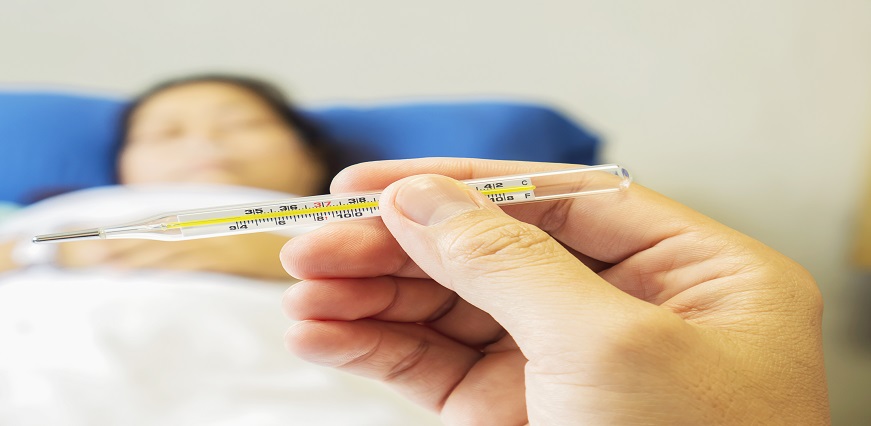

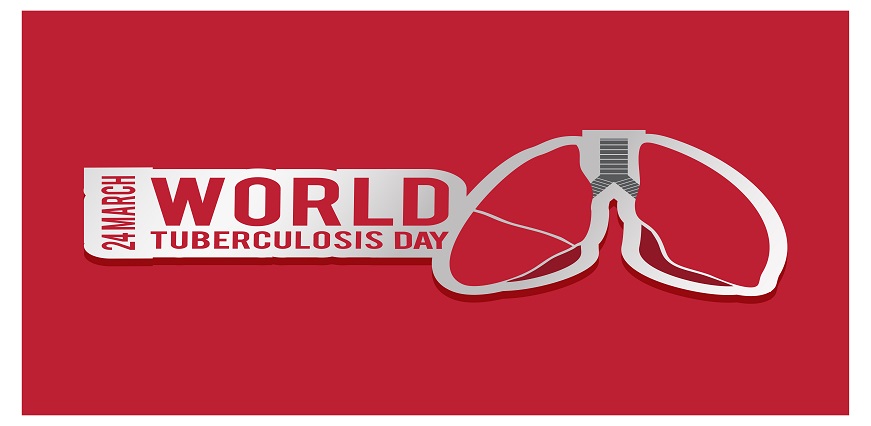









Sign up takes less than 60 secs and gives you access to your offers, orders and lab tests.
Looks like you are not registered with us. Please Sign up to proceed
OTP will be sent to this number by SMS
We have successfully received your details. One of the agents will call you back soon.
 To reach our help desk call 9213188888
To reach our help desk call 9213188888
No Lab Centers are available in this city
Looks like you are not registered with us. Please Sign up to proceed
OTP will be sent to this number by SMS
Not Registered Yet? Signup now.Looks like you are not registered with us. Please Sign up to proceed





 7982100200
7982100200.png)
Comments